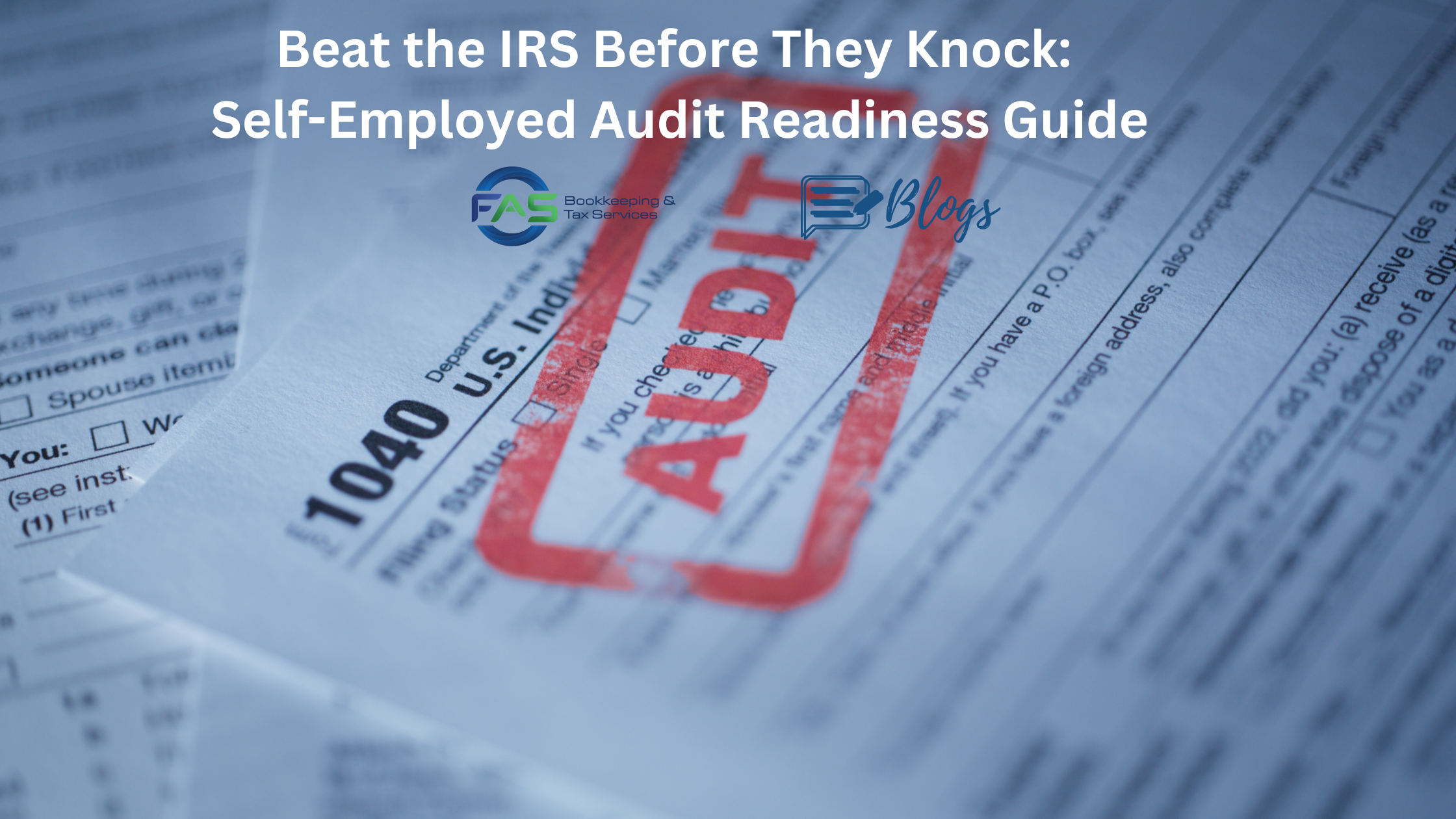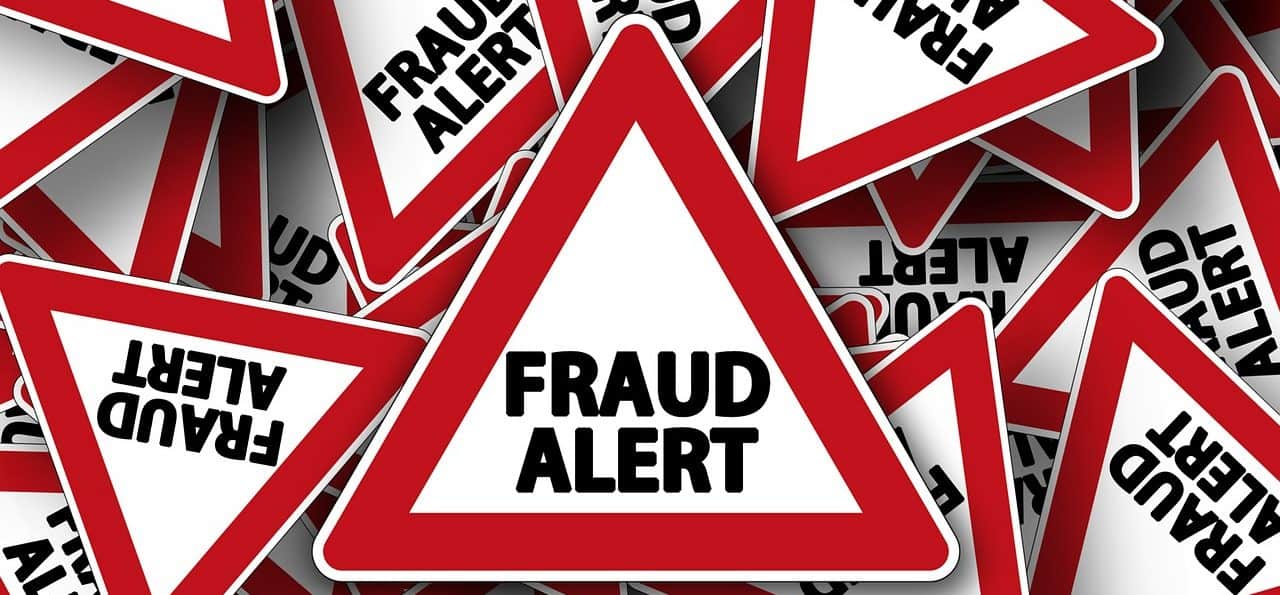To truly stay ahead of fraudsters, you have to strategize and know what you are up against. It’s tax season and it’s only fitting to know these better: tax fraud schemes.
When your personal information like your name, Social Security number, and your address gets stolen and used to commit tax-related identity theft, that is tax fraud. The IRS has been reporting that there is a rise in these scams via e-mail, text messages, and phone-based fraud. These cases often lead to taxpayers providing tax fraud criminals with personal data without a second thought that could lead to significant financial loss.
Let us introduce you to six common tax fraud schemes:
-
Phone Fraud

This is a rampant type of tax scam. The scammer will alter their caller ID to mirror an actual call from the IRS, use bogus names, titles, and even IRS employment ID numbers. You will receive a call from them, claiming they represent the IRS. Then, they are likely to demand immediate payment. If not that, they might say you have a tax refund claimable and attempt to get your critical personal information.
-
Phishing

Originally stemming from the word ‘fishing’, as the name implies, it is the fraudulent attempt to obtain sensitive information, basically ‘fish’ for them, such as your Social Security number or bank account details by disguising as a trustworthy entity in electronic communication. Often, these malicious e-mails will claim to address tax issues such as being entitled to a tax refund and must click on a link to access your information and claim your refund; your bank account or credit card has been compromised but the problem can be fixed if you click to another website; or make you pay for your tax obligation by clicking on another link.
-
Social Security Identity Theft

The IRS also reports that identity theft via Social Security theft is gradually increasing. This occurs when a tax fraudster steals a Social Security number (SSN), by any means, and then files a bogus tax return using those SSNs. The taxpayer unaware of the crime until he or she files a tax return and is told by the IRS that somebody else has already filed a tax return using his or her name, and has already collected the refund. This takes months to correct the problem.
-
Fake IRS Agent ‘At Home’ Visits

IRS tax scammers come up with lots of new ways to scam you for your money. Usually targeting elderly taxpayers, they will knock on your door, inform you of a discrepancy on your tax return, and demand you to pay for that discrepancy right then and there. To take their believability up a notch, they will likely have a phony IRS card or credentials that look all too real.
Source: https://www.irs.gov/newsroom/how-to-know-its-really-the-irs-calling-or-knocking-on-your-door
-
Tax Preparer Fraud

This type of tax fraud scheme involves contact from purported tax preparers looking for information or asking you to update your tax or financial records. They will ask you to follow through on their requests, which is usually a piece of critical personal information. They may also accept money for handling your tax return, and then magically disappear after April 15. Often, the fraudster is long gone by the time your data has been compromised.
-
Promises to Boost Tax Refund Claims

The IRS states that these fraudsters use flyers, advertisements, phony storefronts, and even word of mouth that promises inflated tax refunds. They will ask you to sign a blank return in the promise that you will receive a huge refund.
These tax fraud schemes are truly sketchy. But with this listing along with their common scenarios, I hope you become aware of this before it happens to you. The secret to not being tricked by fraudsters is getting to know them better.
If you need more information regarding these tax fraud schemes, contact us today at admin@fas-accountingsolutions.com or 832-437-0385.





